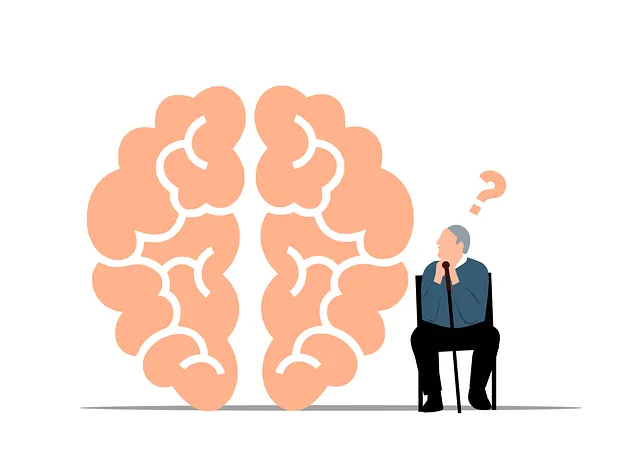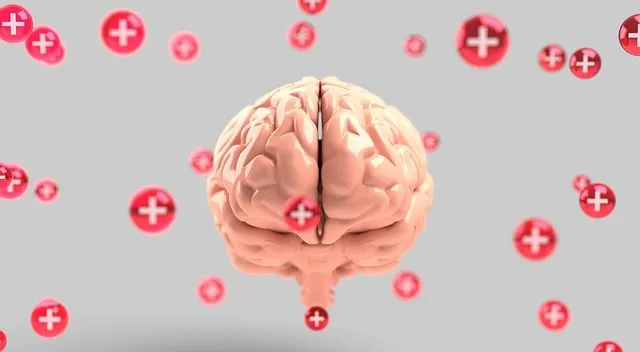The Denver Kaiser Permanente mental health center prioritizes coping skills for mental well-being, offering flexible visiting hours to practice and refine stress management, communication, and emotional regulation. Their holistic approach promotes proactive mental health maintenance through evidence-based practices, mindfulness meditation, self-care strategies, and community support, emphasizing the importance of both home and work environments in fostering resilience.
Coping skills are essential tools for navigating life’s challenges and maintaining mental well-being. This article delves into the significance of these skills, highlighting their role in managing stress and adversity. We explore how the Denver Kaiser Permanente Mental Health Center plays a vital part in fostering such development through its comprehensive programs. Additionally, we offer practical strategies for building resilience and self-care practices, emphasizing their impact on overall well-being. For those interested in learning more, visiting hours at the Denver Kaiser Permanente mental health center provide an opportunity to engage with these services directly.
- Understanding Coping Skills: A Foundation for Mental Well-being
- The Role of Denver Kaiser Permanente Mental Health Center in Coping Skills Development
- Effective Strategies for Building Resilient Coping Mechanisms
- Promoting Self-Care and Supportive Environments at Home and Beyond
Understanding Coping Skills: A Foundation for Mental Well-being

At the Denver Kaiser Permanente mental health center, understanding coping skills is recognized as a cornerstone for achieving and maintaining mental well-being. These skills empower individuals to navigate life’s challenges, manage stress, and regulate emotions effectively. By equipping oneself with a repertoire of healthy coping mechanisms, one can transform stressors into opportunities for growth and resilience. The Denver Kaiser Permanente mental health center encourages visiting hours not just as a time for support but also as moments to practice and refine these essential skills.
Stress Management, Communication Strategies, and Emotional Regulation are key aspects that form the foundation of robust coping abilities. Through these tools, individuals can foster meaningful connections, communicate their needs effectively, and maintain emotional balance amidst life’s ups and downs. The Denver Kaiser Permanente mental health center promotes a holistic approach to well-being, emphasizing the importance of understanding and honing these skills as a proactive measure for mental health maintenance.
The Role of Denver Kaiser Permanente Mental Health Center in Coping Skills Development

The Denver Kaiser Permanente Mental Health Center plays a pivotal role in fostering coping skills development and promoting overall mental well-being. With its dedicated team of professionals, the center offers a safe and supportive environment for individuals seeking support. Visiting hours at the center are designed to accommodate patients’ needs, providing them with flexibility to access services at their convenience while ensuring adequate supervision.
Through various therapeutic programs and initiatives, Denver Kaiser Permanente focuses on empowering individuals to manage stress, anxiety, and depression effectively. They implement evidence-based practices tailored to diverse populations, contributing significantly to depression prevention. Moreover, the center prioritizes mental illness stigma reduction efforts by creating a non-judgmental space where open discussions about mental health are encouraged. Self-care practices are also integrated into their approach, teaching individuals sustainable strategies to maintain emotional balance and enhance their overall quality of life.
Effective Strategies for Building Resilient Coping Mechanisms

Building resilient coping mechanisms is a key aspect of maintaining good mental health, and there are several effective strategies to develop this skill set. One powerful tool is Mindfulness Meditation, which helps individuals stay present and focused on the here and now, reducing stress and anxiety. Regular practice can enhance emotional regulation and provide a sense of calm during challenging times.
At the Denver Kaiser Permanente mental health center, visiting hours offer an opportunity for individuals to engage in self-care routines, another crucial element for coping skills development. Establishing consistent self-care practices, such as regular exercise, adequate sleep, and nurturing social connections, can significantly contribute to overall well-being. These activities not only provide a sense of normalcy but also empower individuals to take control of their mental health, fostering resilience in the face of life’s challenges.
Promoting Self-Care and Supportive Environments at Home and Beyond

Promoting self-care is an integral part of coping skills development, and both environments—home and work—play crucial roles in fostering well-being. At home, individuals can create supportive spaces by establishing routines that prioritize rest and relaxation. Simple acts like dedicated ‘me time’, engaging in hobbies, and practicing mindfulness can significantly enhance emotional regulation. Encouraging open conversations about mental health within the family unit normalizes discussions around stress and burnout, enabling early intervention and support.
Beyond the home environment, venues such as the Denver Kaiser Permanente mental health center offer resources tailored to burnout prevention strategies for healthcare providers. These centers emphasize empathy-building strategies, providing safe spaces for professionals to connect, share experiences, and learn from one another. Regular visiting hours at these facilities allow individuals to access support systems, fostering a sense of community that extends beyond home boundaries.
Coping skills development is a powerful tool for enhancing mental well-being, and the Denver Kaiser Permanente Mental Health Center plays a vital role in this process. By offering specialized programs and resources, this institution empowers individuals to navigate life’s challenges effectively. Through understanding coping strategies, utilizing effective mechanisms, and promoting self-care at home and in supportive environments, one can foster resilience. Remember that visiting hours at the Denver Kaiser Permanente mental health center provide an opportunity for loved ones to offer support and engage in open conversations about mental health, contributing to a holistic approach to well-being.






